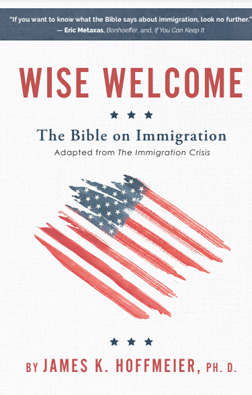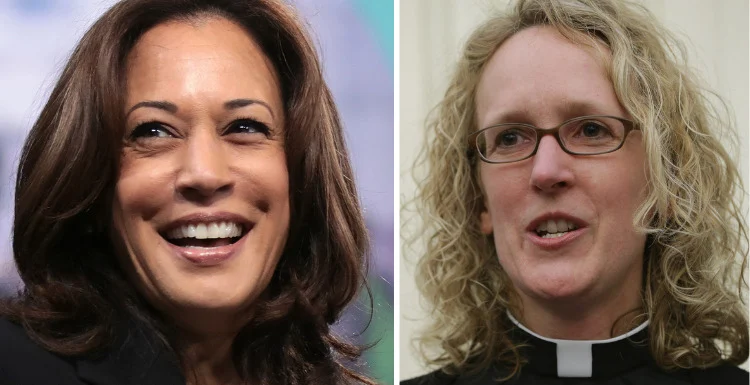Written by Alexis Wilkins
Faith-based? Or is it something more like faith – based on an institution, a paycheck, or a promotion of an ideology?
Belmont University in Nashville, Tennessee, has long been known as a Christ-centered university, a beacon of safety and good morals, a place for parents to send their kids and feel good about it, and they make sure you know it. Gleaming buildings, peppy kids giving tours for potential future students to make their decisions in the fall, allowing parents to breathe a sigh of relief that they’re not sending their child to what they think will be more indoctrinating options and that they’ll have the backbone of faith events and resources to keep the curriculum and social experience at least neutral – except they won’t.
Recently, a Christian group called the “Promise Keepers” was barred from hosting their event at the school, come September, regarding a blog post they made in light of June being Pride Month. They stated their point of view on the matter: “Biological identity has been severed as separate from ‘gender identity,’ while children across the United States are actively indoctrinated into intense inner turmoil about who they really are.”
Two days before tickets went on sale, Belmont retracted their venue as an option for their fall tour. Promise Keepers issued a press release stating that, “Belmont representatives cited a conflict in values” and that the school was not returning phone calls to discuss the matter. They explained that, as a men’s Christian organization, they were giving men the advice and leadership values they needed at this time, trying to converse about societal norms, pop culture, and the impact they could have on society.
Whether you agree or not with the group, it is clear they were not being unkind with their remarks, and the conversation centered more around the current topic of gender ideology, trans issues, and protecting youth than it did with Pride Month in general.
Belmont, in an email sent to the entire school, denounced the group stating that they were contradictory to Belmont’s guiding principles, were displaying unkindness with their viewpoint, and, most notably, they were “fanning the flame of cultural wars, and are harmful to members of their community.” The school’s governing guidelines, decisions, and the people who decide both of those things are more unclear than they used to be.
An institution that imparts leadership, lessons, and morals to young adults who are the future of the generation (with a hefty price tag, no less) should be guided by streamlined values that are apparent, disclosed, and unhypocritical. The duplicity at Belmont University did not begin this year, but it is clear that the school is now ready to take its evident goal to keep its moral statements exclusively in the new student marketing department and instead promote woke ideology and punishing conservatism (or even neutrality) on day one of class.
In the years between the pandemic and now, the university has taken this opportunity to increase the institutional control and messaging, expanding further what they had already begun to teach. When I was a freshman at Belmont in 2016, I sat down with my class of students in an auditorium. My parents were brought into a separate auditorium, and we were both shown our respective PowerPoint presentations about how kids will go off to school and while parents have raised them to some point, the parents need to be comfortable and supportive if their children come home with completely different belief systems.
Similarly, the kids are told to shelve the values they were raised with and set out to find what they believe for themselves. This ideology sounds harmless until you realize the one-sidedness of what educational institutions are pushing, conversely, what these institutions are now barring from their programs.
The point here, even outside of the issues of the school’s religious veil, is the hypocrisy of the partiality and the term “fanning the flame.” The phrase “fanning the flames of cultural wars” implies that Belmont would like to take the position of neutrality, but that doesn’t seem to be the case.
This is coming from a school that allows a student’s senior art thesis to be paintings of Jesus in compromising and pornographic interpretations (while still not to be shown on campus) was allowed to create from his point of view and communicate in his thesis that religion was a negative aspect of life for him, and his art is a way of healing from it stating that “I’ve tried to emphasize what God could be instead of what God is. I see Jesus as a figure that can be interpreted as an advocate for queer love.”















